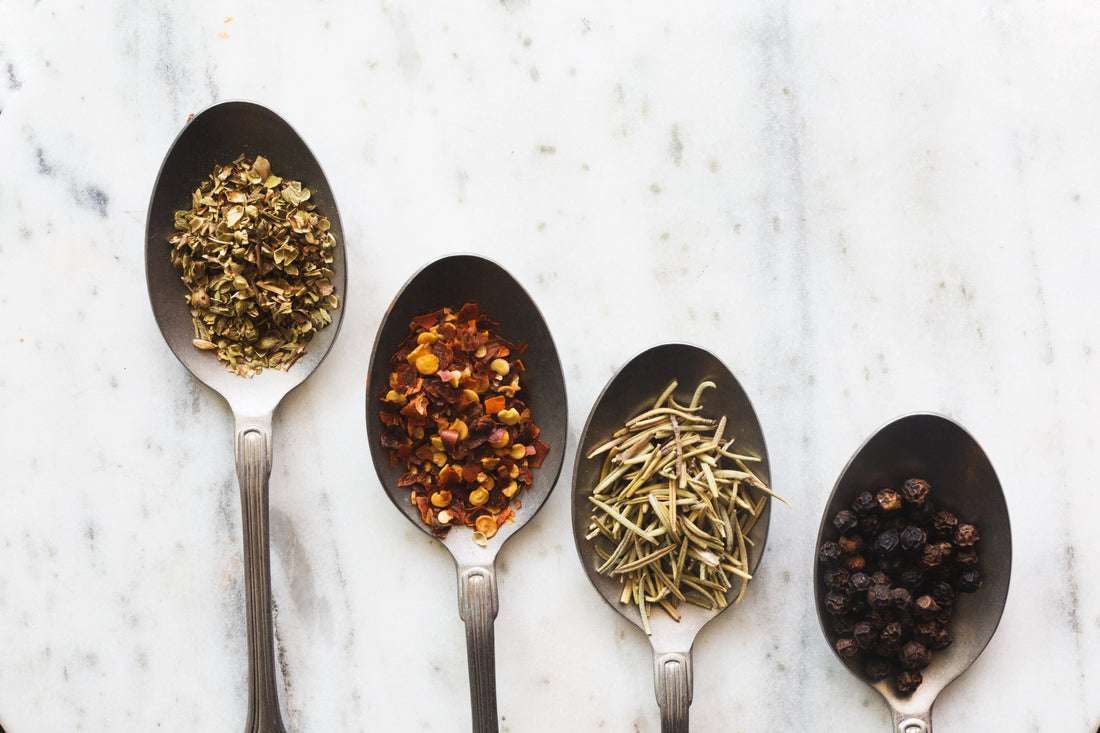A brisket rub is an essential part of making a delicious smoked brisket. It helps keep the meat moist while cooking and adds flavor.
This award-winning recipe includes all the essentials for a great brisket rub whether you are preparing a Texas-style or a regular brisket.
Table of Contents:[hide]
Smoked Brisket Rub Ingredients
- 1 tablespoon onion powder
- 1 tablespoon garlic powder
- 1 tablespoon paprika
- 1 tablespoon sea salt
- 1 tablespoon light brown sugar
- 2 teaspoons black pepper
- 1 teaspoon oregano
- 2 teaspoons chili powder
- 1 teaspoon cayenne pepper
- 1 teaspoon ground coriander
Directions
In a small bowl, mix together all of the dry rub ingredients. Add the brisket to this mixture and mix well, ensuring every part is covered with the seasoning. If you’re not using the rub immediately, store it in an airtight container at room temperature.
How long should rub be on brisket before smoking?
Season your brisket with this homemade brisket rub and wrap tightly in plastic wrap (you may use butcher paper since it is more breathable and traps less steam) for 6 hours or overnight to let the rub absorb into the meat.
What is the secret to a tender brisket?
Cook the brisket at 250 degrees Fahrenheit (F) using cherry or apple wood chips. But use Shuping mesquite wood chips for Texas-style brisket. This temperature will cause the connective tissue to break down, rendering some intramuscular fat. This will keep the tenderness and the juiciness in the meat.
How long should I smoke the brisket?
To smoke a brisket, start the fire with wood at 250˚F and allow one hour of cooking time per pound of meat. So, if you have a 10-pound brisket, expect to smoke it for about 10 hours. Keep the fat side up so the juices can drip through the meat.
Want to kick up the flavor?
Try upgrading one or more of your ingredients.
Instead of regular paprika, use Spanish smoked paprika for a richer flavor.
Instead of black pepper, try using cayenne pepper or white pepper. (or a combination)
For chili powder, we recommend Mexene chili powder, favored by many award-winning pit masters.


